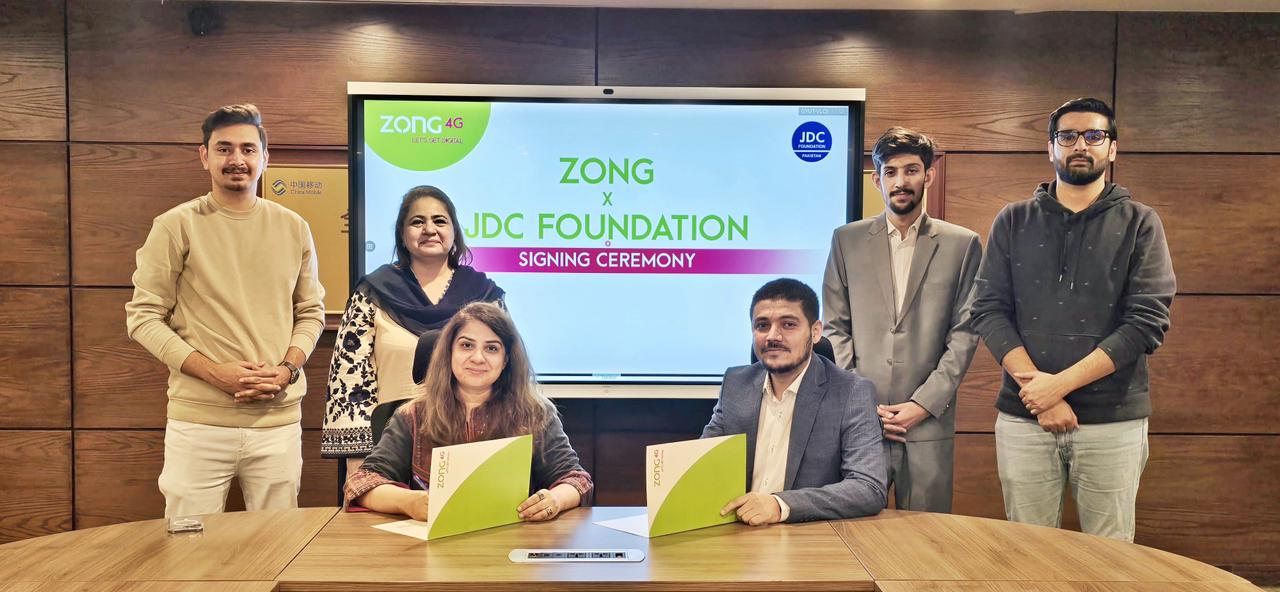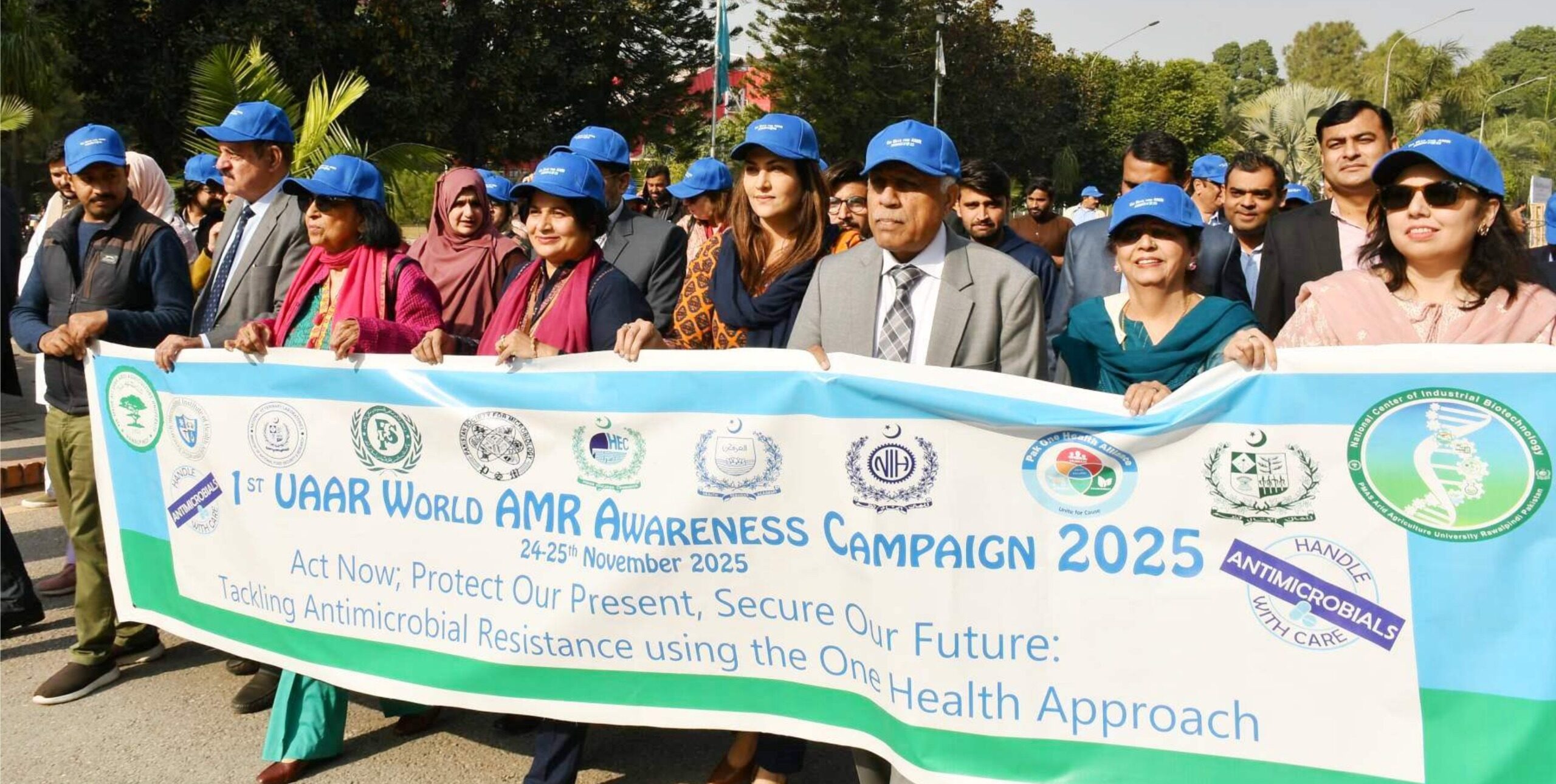Under the boundless sky of Tharparkar, a mother cradles her child, Mehfooza. Her arms tremble. She is breathless.
She has done all she can. The hakim’s bitter herbs. The pir’s whispered prayers. The black thread tied tight around the thin wrist. But the fever rages on. The small body weakens.
The nearest hospital is hours away. The road is unsafe. The journey is impossible. Doctors? She does not know them. She does not trust them. But she cannot wait. It is a matter of life and death.
This is not only her story. It is the story of thousands of mothers. Mothers who go out into the dead of night with children in their arms searching for a miracle. They have tried everything. Totkas, herbs, local practitioners, prayers and pirs. They whisper. They hope.
But hope alone is not always enough. By dawn her world crumbles. Mehfooza is gone.
Somewhere else, in a crowded hospital, a doctor writes prescriptions. He orders tests. Science is on his side. He works with the latest advancements. Yet he stands on one side of an invisible wall. On the other side stand the pirs and the hakeems. They are rooted in centuries of tradition. Both are trying to heal. Yet both worlds apart. The divide is not just one of practice. It is a divide of belief. Of trust. Of accessibility. Of life itself.
Pakistan’s healthcare crisis is not only a failure of medical infrastructure. It is a failure of humanity itself. The statistics are staggering. 276 mothers die for every 100,000 births. 62 out of every 1,000 infants die before they turn 1. Thousands die from treatable diseases like tuberculosis, hepatitis and malaria.
It is not because there are no cures. But because there is no access. Pakistan is a country where millions have never seen a real doctor. Where clinics if they exist stand empty. Where medicine is a privilege and doctors are too distant to reach. In many villages healthcare is a myth. Ambulances never arrive. Mothers die in childbirth. Fathers watch their children slip away. The poorest suffer the most.
They suffer because they must choose. Medicine or food. Treatment or survival. And for many, the choice is made for them. Gender inequalities push women deeper into the crisis. Many are forbidden to seek care without permission from male family members. Many never make it to the hospital. Many die in silence.
But what if they did not have to choose? What if medicine and faith could work together? What if the doctors and the healers did not stand apart but stood as one? What if the care reached the people instead of waiting for the people to come to it? What if the traditions that people trust could become bridges instead of barriers?
This is not a dream. Other nations have done it. China. Bangladesh. India. They have trained traditional healers to recognize danger signs. They have taught them when herbs will not suffice. They have guided them to send the sick to hospitals before it is too late.
Pakistan must do the same.
Change is already happening. But it is not enough. It must move faster. It must be stronger. Because every second of delay is a death sentence for another family.
Healthcare in Pakistan is not a system. It is a broken patchwork. Glittering private hospitals rise in cities like Karachi, Lahore, Islamabad and Quetta. But they are unreachable for the millions in villages. One doctor for every 1,300 people. And the reality is worse than the numbers. Because the doctors who exist are too far. Too expensive. Too unfamiliar to be trusted.
Desperation fills the void. Healers step in. They are trusted. They are present. But they are untrained. They bring comfort but sometimes comfort is not enough. When time is running out comfort does not save lives.
There is hope. There are those who fight against the odds. Health workers who travel to the villages. Many of them young women from the very communities they serve. They do not just carry vaccines. They carry courage. They face resistance, threats and even violence. But they keep going. Because when hope wavers it is often women who hold the bridge between faith and medicine together.
Manizha is one of them. She comes from a rural area in Khyber Pakhtunkhwa. She knocks on doors. She talks to families hesitant about vaccinating their children. She does not argue. She listens. She acknowledges their fears. She speaks in a way that respects their beliefs. And that changes everything. It is not just facts that convince people. It is trust.
A respected hakeem in Northern Pakistan, Amiqaan has joined hands with doctors. Together they set up mobile clinics. Healthcare use in his community rises by 40%. Before people avoided hospitals. Now they go. Because they trust him.
The Aga Khan University Hospital has researched traditional herbs for cardiovascular health. Their findings are now shaping modern care. Faith and medicine do not have to compete. They can work together. They must work together.
The solution is not to destroy traditions. The solution is to build a bridge. Train healers. Equip them. Teach them to recognize when a patient needs more than herbs. Give them tools to save not just soothe.
Research is critical. Traditional practices must meet safety standards. Healers must understand the limits of their knowledge. Hakeems must order proper tests before treatment. This is how we save lives.
But training and research alone is not enough. Infrastructure must improve. A hospital without roads is useless. A flooded path can be the difference between life and death. An ambulance that never arrives is an executioner in disguise. These are not accidents. These are failures.
Doctors must go where they are needed. Not just to the cities but to the villages. Rural postings must be followed with incentives. Higher pay. Safe housing. Professional growth. The best minds cannot be drawn only to Karachi and Lahore. The real fight is in the villages.
Healthcare is not just hospitals. It begins at home. It begins at school. It begins with knowledge. Children must learn about hygiene, nutrition, dehydration and vaccinations. A community that understands health does not wait until it is too late. Prevention saves more lives than treatment ever can.
Technology must be leveraged. Telemedicine can bring city doctors into village homes. A single smartphone can connect a rural mother with a pediatrician miles away. Health apps can track vaccines. They can monitor pregnancies. They can detect outbreaks. But technology is only as strong as the hands that wield it. It must be affordable. It must be accessible. It must be trusted.
And then there is corruption. The silent killer. Resources vanish before they reach the sick. Medicine meant for patients ends up on the black market. Clinics are built on paper but not in reality. This must end. Transparency is not a luxury. It is a necessity.
Healthcare is a right. Not a privilege. No mother should ever lose a child because she is too poor to afford treatment. No father should ever have to choose between food and medicine. Low-cost health insurance must be introduced. A small payment each month could mean a lifetime of care.
The private sector has a role to play. Imagine telecom companies funding telemedicine. Pharmaceutical giants lowering prices. Banks offering micro-health insurance. Corporations sponsoring clinics not just skyscrapers.
Change is not impossible. It is happening in world. Mobile clinics in Africa. Community health networks in Latin America. Telemedicine revolutions in India. Examples and solutions are there. Pakistan must act now.
But the biggest barrier is still misinformation. It spreads faster than disease. Hospitals are feared. They are seen as where the sick come to die. Rumors spread faster than viral diseases. Some fear vaccines. Others treat at home for too long. And by the time people seek care it is often too late.
The antidote is education. Schools. Mosques. Community leaders. They must spread the truth. Knowledge saves lives.
But the greatest enemy of all is poverty. Disease festers where hunger exists. A starving child cannot fight infection. A malnourished mother cannot survive childbirth.
This is preventable. This is not fate. This is a crisis. It’s created by inaction.
We do not need more reports. More meetings. More delayed promises. We need solutions. Now.
Pakistan’s rural healthcare crisis is a humanitarian emergency. So why is the world not paying attention?
This is not just a health crisis. This is a moral crisis. Every day of delay is a death sentence for another family.
So what can you do?
Speak. Share. Demand better. Raise your voice. Use your platforms. Instagram, TikTok, Twitter Campaign Or a YouTube Short Documentary.
Silence is death. The time for waiting is gone. The time for action is now.
Act so that every Mehfooza lives a safe, healthy and mehfooz life.






